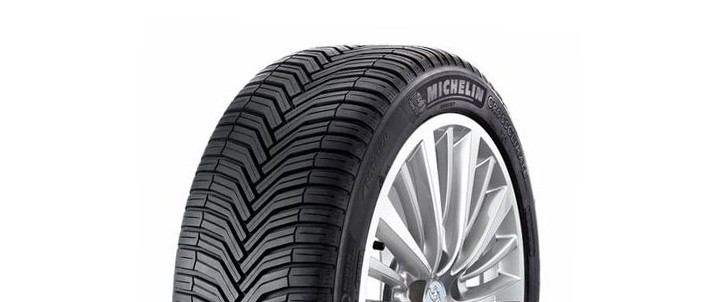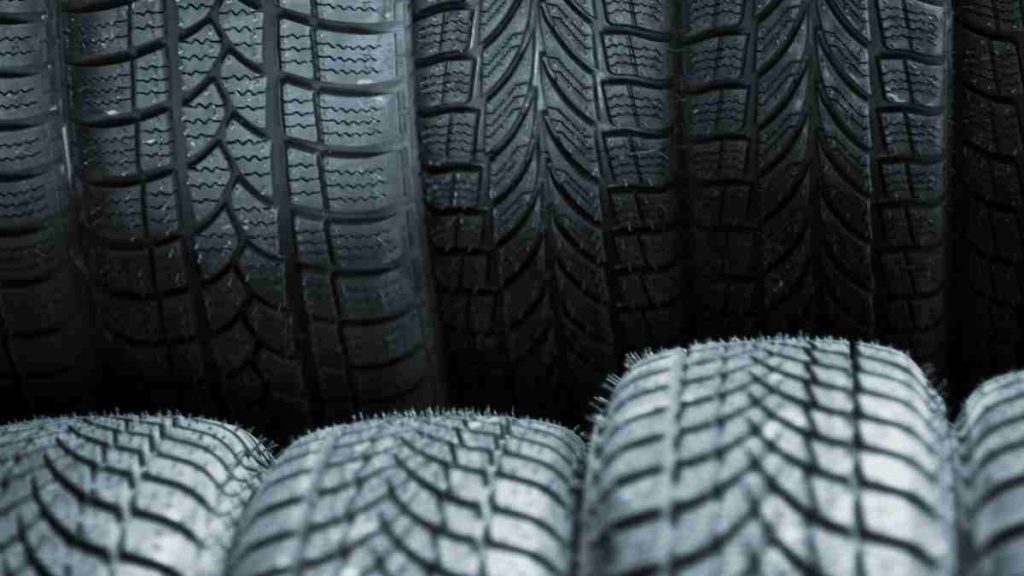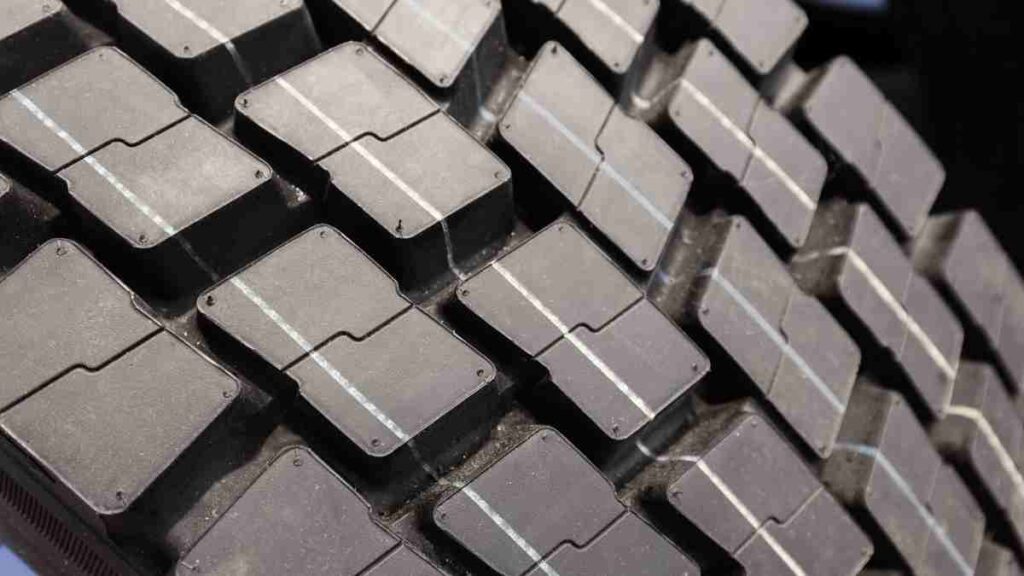
Popular all-season tires - sizes, tread, prices and quality, that is, everything you need to know
Content
- All season tires - who uses them?
- How to recognize all-season tires in a store?
- How else to recognize universal tires?
- All-season tires - user reviews about them
- All-Season Tires - Should You Use Them?
- When are all-season tires not enough?
- Which all-season tires are of interest?
- All season tires - consider the pros and cons
All season tires should be able to replace summer and winter tires. Check if such a set of tires is worth it. As the so-called Will all-season tires perform well on wet surfaces? Find out at what temperature to take them.
In our country, there is no regulation that would require the replacement of winter tires with summer tires and vice versa. At the same time, the law requires the driver to drive responsibly, including preparing the car for different seasonal conditions. For many people, this means changing tires cyclically depending on the season. An all-season tire is a convenient solution and at the same time a compromise between different types of tires. And, as with compromises, it doesn't always work perfectly.
All season tires - who uses them?
Until recently, there was no such thing as "winter tires" in the car tire market. One type of tire provided cars with traction at any time of the year. More and more powerful cars, the desire to complete the journey faster, as well as the increase in traffic reduce road safety. With advances in technology and increased driver awareness, there has been a need for other types of tires. Therefore, the need to replace tires with ones adapted to winter conditions began to be noticed. However, not everyone prefers winter tires; then the choice falls on all-season tires. Is it worth it to buy tires of this type?

How to recognize all-season tires in a store?
When shopping for all-season tires, such as 205/55/R16, you may come across several symbols whose meaning is important but not always obvious. Why is it so? In the minds of drivers, it is commonly believed that the “M + S” symbol is a term confirming multi-seasonality. However, this is not quite true. Such marking only says that this model can be used for driving in snow or slush for a short time. However, this does not confirm that the tires are all-season.
The same applies to the designation of snowflakes. The fact that it is located on the sidewall of the tire does not mean that these tires can be driven in the summer. This is how models intended for driving only in winter are marked.

So, what designations should universal tires have? First of all, we are talking about markings, which directly indicate the intended use for various road conditions. This may be the inscription "all-weather", "for all seasons" or another, indicating winter and summer and different weather conditions. The symbols of the sun and snowflakes are also often used side by side. Here's how you can tell it's an all-season tire.
How else to recognize universal tires?
In addition to markings and inscriptions, you can determine the all-weather tires by the tread. Some people can tell at a glance whether a tire is suitable for summer, winter or all-season driving. All-season tires are made in such a way as to provide good water drainage, grip on hot pavement and in winter conditions. They do not have many sipes, that is, narrow grooves in the tread that are responsible for biting snow. In addition, the rubber compound itself is more rigid and provides good driving performance all year round.
All-season tires - user reviews about them
Why do drivers prefer to use this type of tire? All-season tires save money because you don't have to visit a tire shop twice a year to change them.. So these are purely economic issues. In addition, many drivers come to the conclusion that there are few snowy days in our country, so it makes no sense to use specialized tires. Much more often you drive on wet pavement or, perhaps, on slush. And for such conditions enough all-season tires.
All-Season Tires - Should You Use Them?
It depends on several factors. While all-season tires, according to proponents, perform great on the road, they can fail in extreme conditions. And it is worth remembering that under really good conditions, even heavily worn tires are enough. Grip is needed at high speeds on the highway or during sudden changes in conditions, such as rain, during which the braking distance increases significantly. You can drive all year round without an accident, but during sudden rain or snow it will definitely be easier to brake with good all-season tires.
If you are wondering if all season tires are worth investing in, answer a few questions. How often do you travel and on what routes? What roads do you drive? Driving many miles every day exposes you to changes in driving conditions. For people living in mountainous conditions, good winter tires are a must. In this case, buying tires of this type is not an option. The situation is different with the inhabitants of the northern part of the country. Winter days are relatively few, so all-season tires make a lot of sense. Especially if you don't travel too much or too far.
When are all-season tires not enough?
There are situations when it would be simply pointless to buy all-season tires. The division of tires into summer and winter will work in the first place if we live in a place where we can consistently expect harsh winters with snow and ice on the roads.

It is necessary to decide on them while living in our country.
Which all-season tires are of interest?
It is not easy to produce tires that can withstand various weather conditions. For this reason, it is worth considering which all-season tires to choose, avoiding the cheapest solutions. Often such specimens have not been tested at all in natural conditions and it is not known how they will behave on the road. All-season tires 15 and R16 can be selected from well-known brands with extensive experience in their production. These include:
- hawks;
- debutante;
- Yokohama;
- Nokian;
- Michelin;
- Good year;
- Portugal.
Some people in search of savings decide on used cheap all-season tires. However, you must remember that these types of tires are used twice as long as seasonal tires, so they will wear out twice as fast. A much safer solution is to opt for newer models. If this is not possible, check how to recognize the degree of wear of all-season tires. Thus, you will avoid buying goods that are not suitable for further driving.
All season tires - consider the pros and cons
Tires are a very important piece of equipment responsible for road safety. All-season tires, especially new ones, can be a good choice in many cases. However, before buying them, check reviews of specific models and evaluate the average conditions on the roads you usually drive.